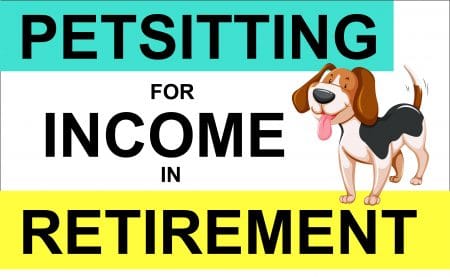
Key Changes To Super & Age Pension (July 2019)
- RetireOn
- Updated: March 12, 2024
Did you know that there are going to be important changes on Super and Age pension from the 1st of July, 2019?
In this video and post, I will discuss the four most important changes that you need to be aware of.
Video Guide
This year, 2019, there are three changes to Superannuation and one change affecting the social security system. We’ll start with Superannuation first.
Super Change – Fees Related To Super Accounts
Throughout your work life, you may have accumulated several super fund accounts if you have had multiple employers.
Ideally, you consolidate them all into just one account so that you can have the best investment results possible.
However, there are several super funds that have exit fees, which can make this consolidation quite expensive. In the end, it might not even be worth it!
As of July 1st, 2019 exit fees for all super accounts are banned and, therefore, it will be much easier to consolidate multiple accounts into one.
Furthermore, combined administration and investment fees are now capped at 3% a year for accounts that have a balance of $6,000 or less.
Super Change – Insurance Covers Cancelled
There has also been a change regarding the insurance cover that you receive through your super fund.
If your account has been inactive, meaning they have not received a payment from either you or your employer in the last 16 months, your insurance cover will be cancelled.
Super Change – Low Balance/Inactive Accounts CLOSED
The third change affects the low balance and inactive accounts.
Again, if your account’s balance is lower than $6,000 and it has been inactive for the past 16 months – no contributions have been received from either you or your employer – your account will be closed down, and the funds are transferred to the ATO.
This also means that you will lose all insurance cover you may have previously had. Within 28 days of receiving the money, the ATO will try to find an active super fund of yours and transfer this money there if that balance then exceeds $6,000.
If you don’t have an active super fund or the balance is still below $6,000, the ATO keeps your money safe, and you don’t pay any fees.
Once you claim your lost super, any interest due will then be paid to you based on the consumer price index.
Insurance Cover – What To Do?
All of these changes are made for you to save money. They have been implemented so that your super balance doesn’t get eaten away by fees for multiple accounts, or premiums for multiple insurance covers.
However, as mentioned, you may lose your insurance cover. You need to make sure that you are covered, so what can you do to ensure that you are?
- You can call your super fund and use the “opt-in” function to the default insurance cover regardless of your account being active or not.
- You can make a voluntary contribution – your own payment – that will reactive your account for the next 16 months. You can set yourself a reminder before these 16 months are up to make another contribution so that your account remains active.
- Make sure to read all of your emails or letters that you receive from your super fund. We have to admit, this is something most of us need to improve on!
Age Pension Change – Work Bonus Increase
Now, let’s take a look at the fourth change – the one that affects the social security system (age pension).
We believe this is to be the best change because it is one that will likely affect most retirees.
The change actually affects the work bonus, which is related to the income test. This, therefore, has an effect on the age pension rate you can get.
The work bonus used to be $250 per fortnight that you could earn before your age pension gets reduced.
You can now earn up to $300 per fortnight instead!
What’s even better is that now the work bonus also includes self-employment, which was not the case before. Previously, you had to be employed by somewhere else to be eligible for the work bonus.
We think this is fantastic news, especially for those who are self-employed.
What are your thoughts on these changes? Do you think they really help people? You can let us know by commenting below in the discussion.
For regular updates, you can subscribe to our YouTube Channel for video notifications, or you can check on our Free Learning page regularly for new posts.










